














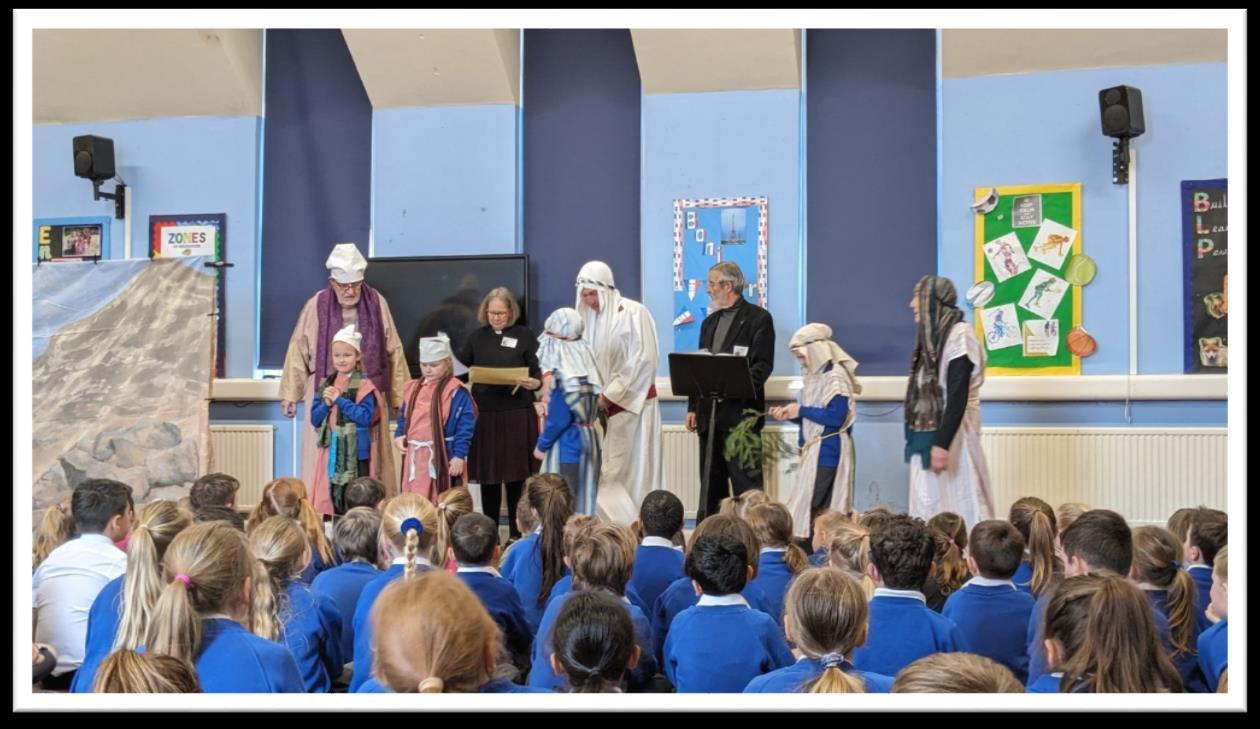














The teaching of R.E. (religious education) is statutory in English primary schools.
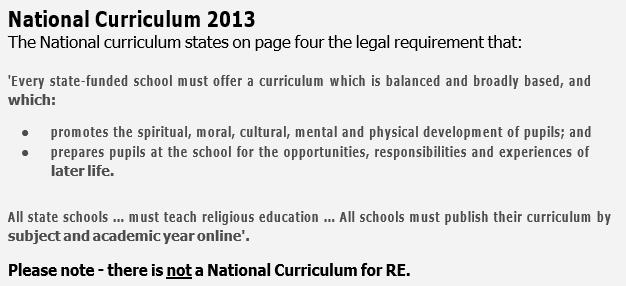


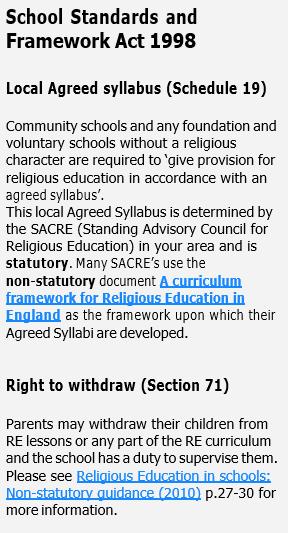



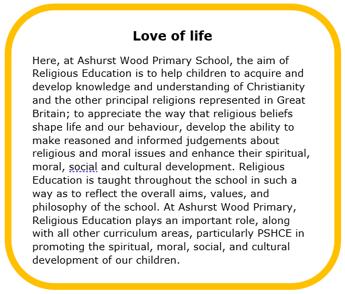
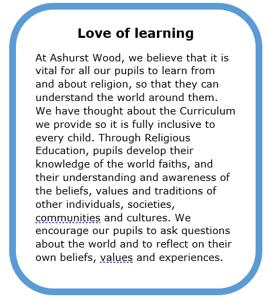
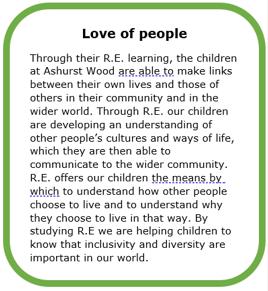









At Ashurst Wood we use KPOW to support our teaching of Religious Education. RE is not Nationally determined but locally determined using the Local Agreed Syllabus. Our curriculum is aligned with the local syllabus and reflects the principal religions in Great Britain. Exploring concepts through an enquiry-based approach our children will investigate a variety of world religions, including but not limited to:
Through our Religion and worldviews curriculum, pupils haveopportunities to develop their oracy skills by:



● Challenging one another’s ideas through debate and discussion.

● Collaborating using different roles to manage turn taking and other interactions.
● Interpreting sources of wisdom and sharing ideas and opinions.
● Responding to a wide range of sources.
● Summarising sources and other materials.
● Explaining links between worldviews.
● Presenting findings.
● Role-playing stories.
● Questioning why people might do, think or believe something.
Every person has their own worldview, their way of looking at and explaining life and the world. This may be religious or non-religious, organised or personal.
Organised worldviews are an established philosophy, attitude or set of beliefs with a group of believers or followers and may include certain practices. Christianity is an example of a religious, organised worldview. Humanism is an example of a non-religious organised worldview. Although organised worldviews have an established set of beliefs, there will be variations in the way individuals interpret and practise these beliefs.
Personal worldviews are an individual’s view of life and the world. They take different ideas and beliefs from religion, experience, and others’ worldviews and often change over time. A personal worldview may be in line with an organised worldview, may agree with some elements but disagree with others or may be a mix of many religious and non-religious worldviews.












In Key Stage One we follow a two-year rolling programme. (Years 1 and 2)
In Key Stage Two we follow a three-year rolling programme (Years 3 – 5)
Year 6 have a single year programme.
This is to facilitate the mixed age classes we have in the school.

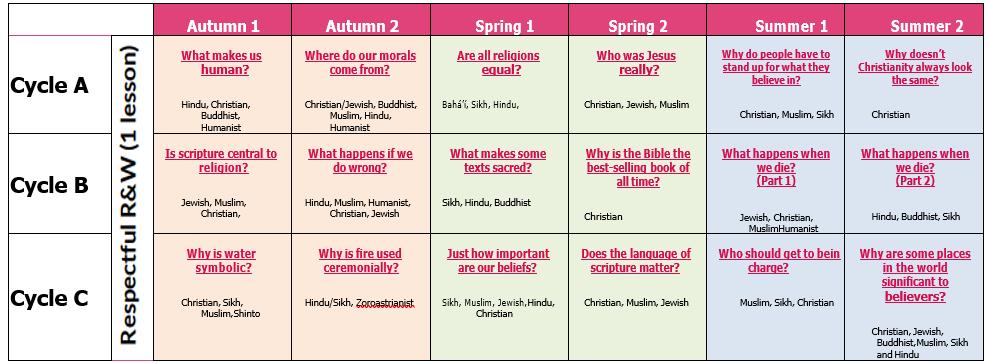










Where possible we provide ‘hands on’ experiences in R.E.
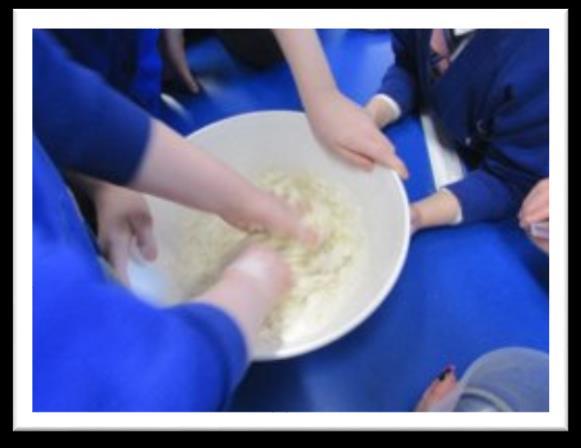
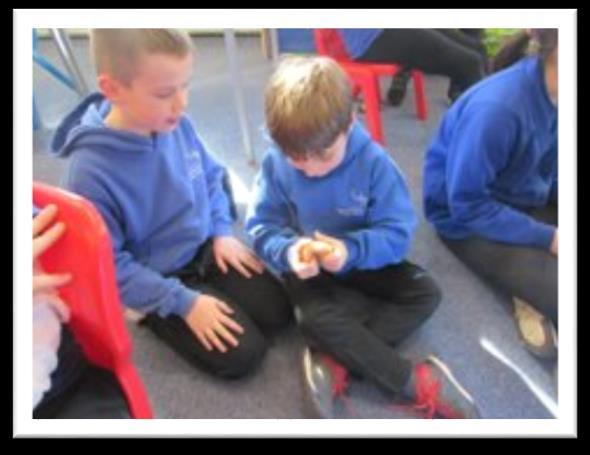



Breaking of the bread.
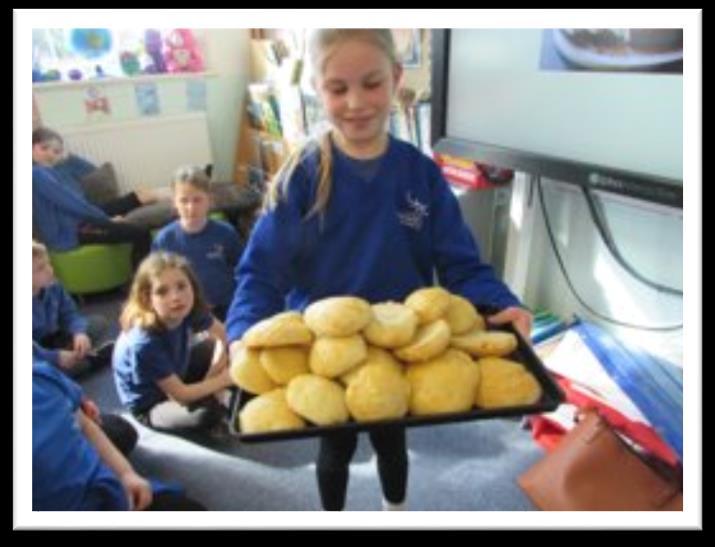
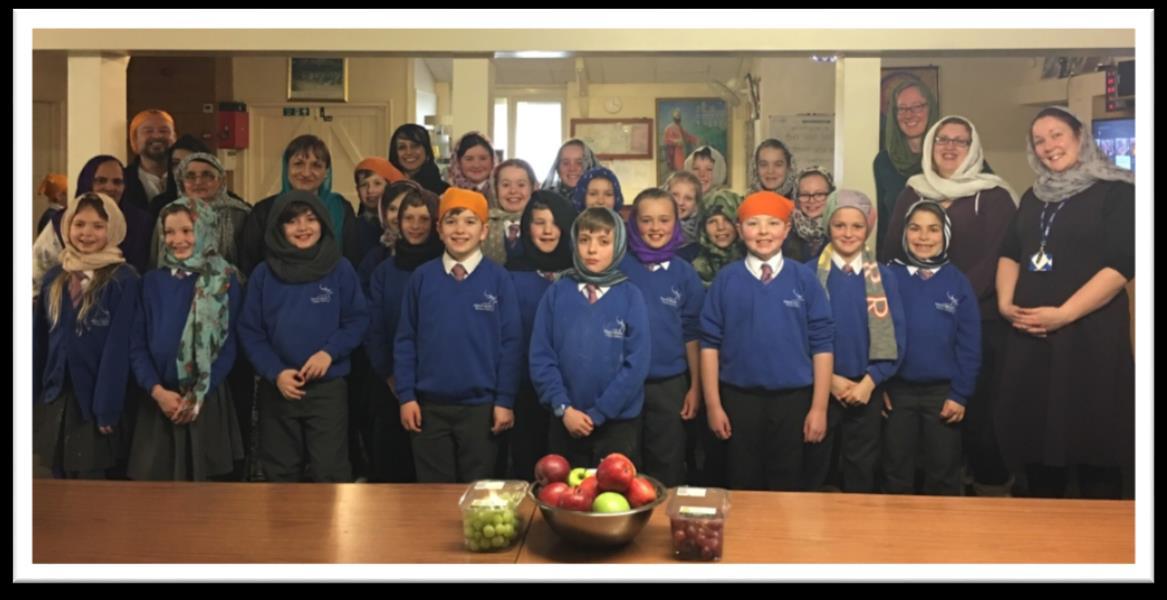







Our curriculum provides opportunities for RE outside a dedicated lesson.
• Open the Book Assemblies
• Harvest Assembly from local vicar/Harvest collection
• Remembrance Day service at the village memorial.
• Visit to St Dunstan’s Church at important points of the year- e.g. Harvest, Christmas. Children to recite a poem or sing a song whilst there.
• KS1 Nativity performance
• KS2 Carol Concert at the Forest Row Church
• Visits to St Swithin’s Church during local study topics
• Yr 6 singing carols at the local community cafe





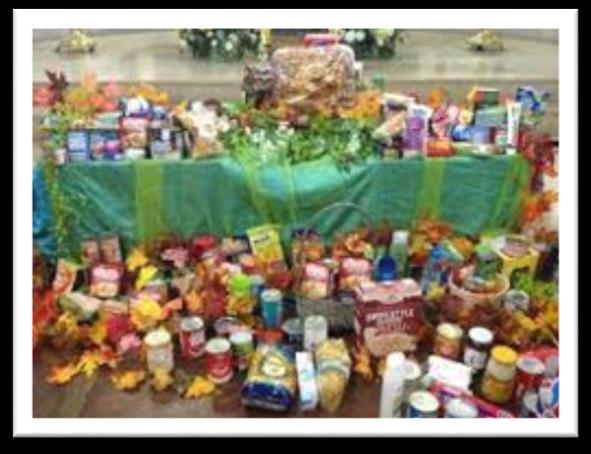
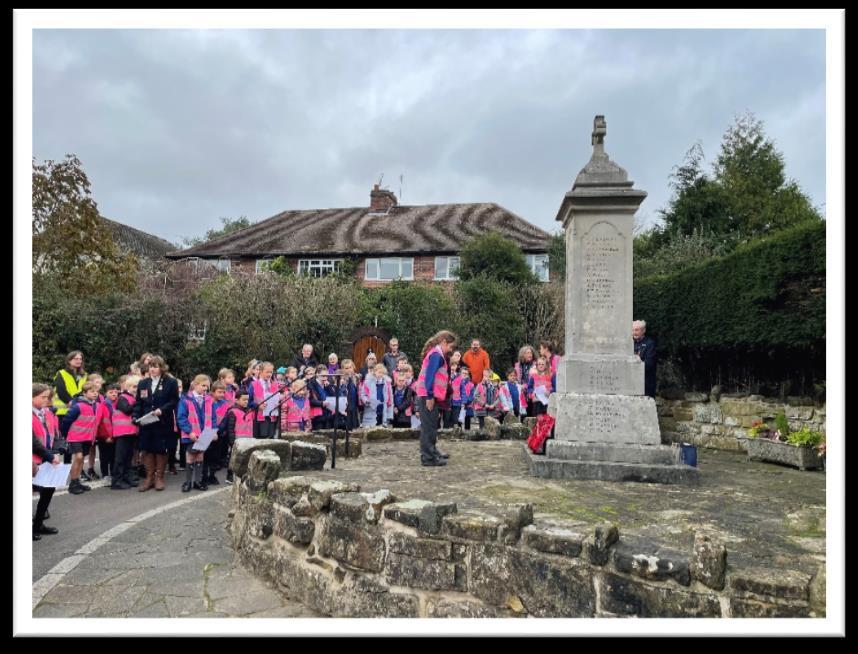
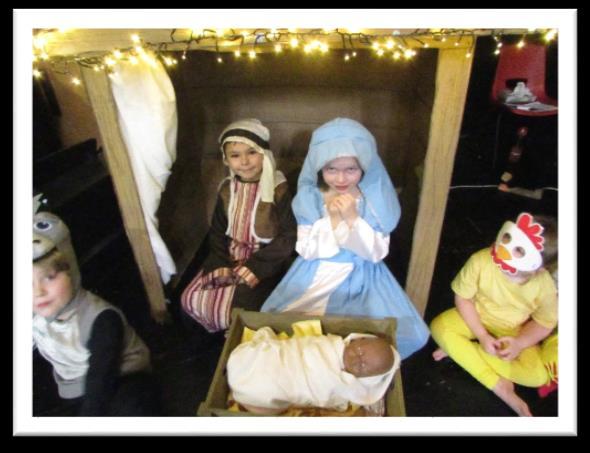












I remember in Reception we learnt about when Jesus was born but now in Yr 5 we are learning more about his life
I remember learning about Diwali.
I like answering the questions.
R.E challenges my thinking because every time there is something new.
My Favorite part of R.E is learning about different religions
If you are going to meet people from different cultures it is good to learn about the culture of different countries e.g. learning about Christmas and Easter in different countries.
I like learning about other religions.
I like it when RE is linked to art or cooking. It’s good to know what other people believe in but I like to think what I think.